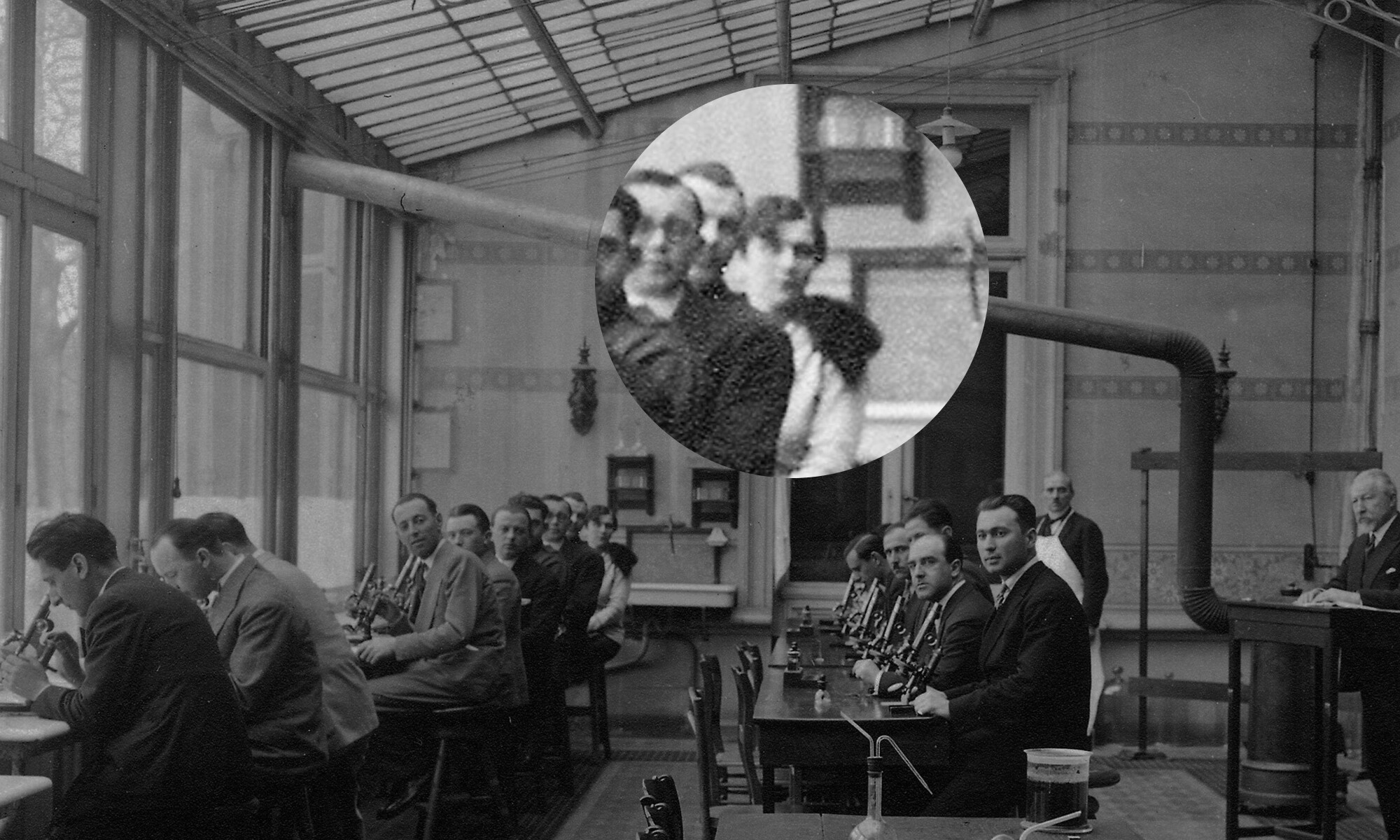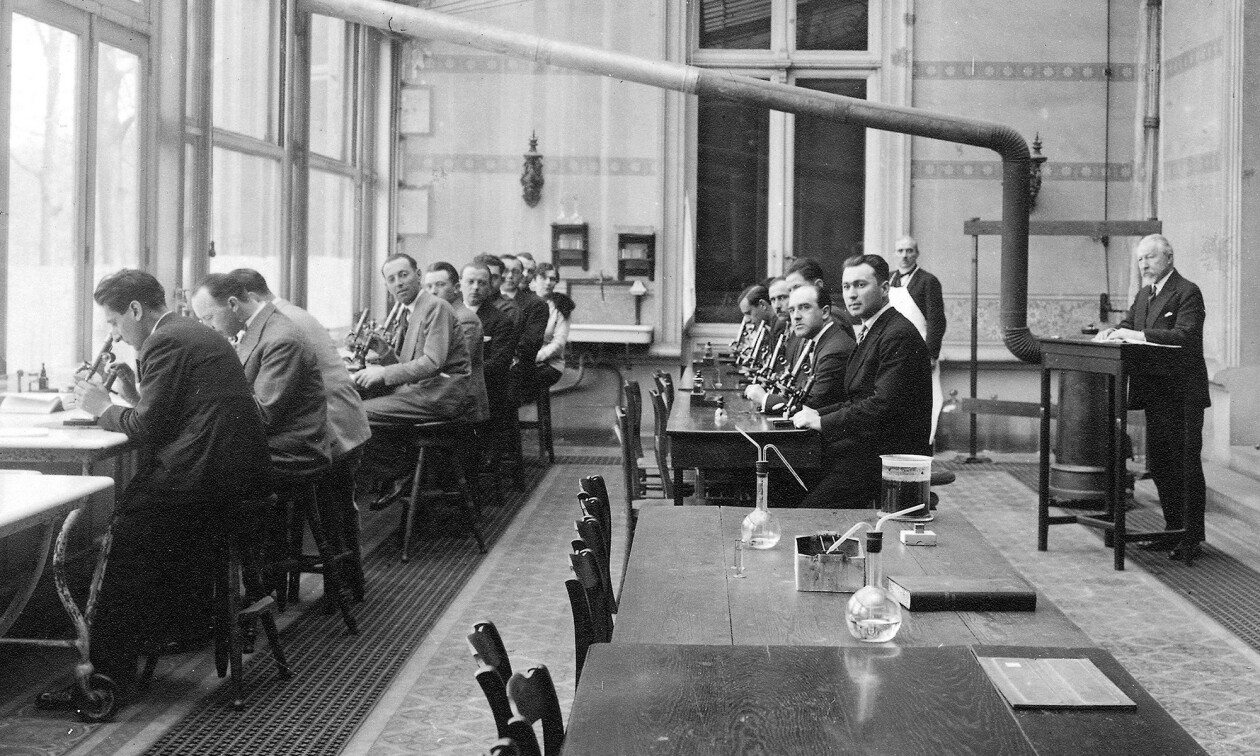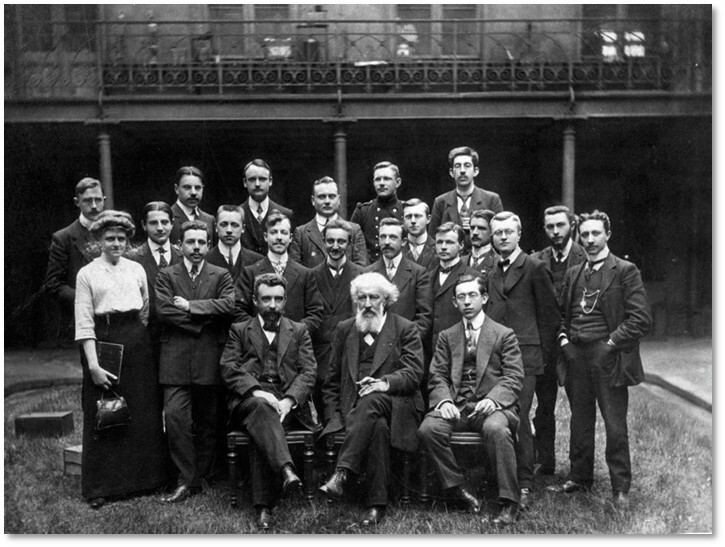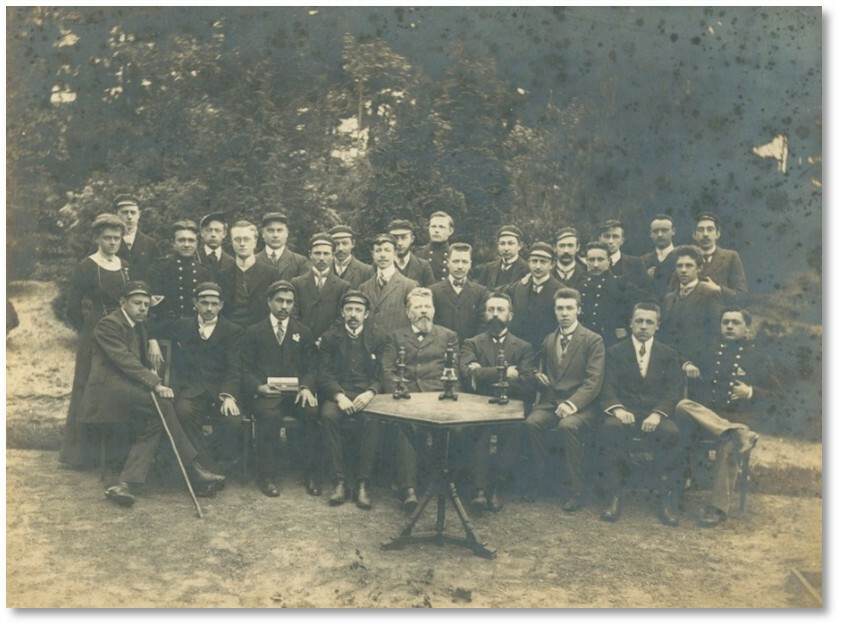The story of the Clevers sisters

An unconventional choice
We are in the 1920s. We are at the École de Médecine Tropicale in Brussels, the predecessor of the Institute of Tropical Medicine in Antwerp. At that time, the future of most girls was set in stone: marriage, children, and household duties. Higher education for women was still rare, despite the fact that, even forty years earlier, in 1880 the first woman was allowed to study at a Belgian university. It wasn’t until the 1960s that studying became truly common for women.
But in the 1920s, choosing a career in medicine meant facing significant opposition. And yet, from 1922 on, not one but two women emerged who would not let that hold them back. Jeanne and Marguerite Clevers—sisters, doctors, scientists.

The Clevers sisters paved the way
Growing up in a family of seven, the Clevers sisters chose an unconventional path. After studying medicine at Ghent University, they became assistants in physiology—an extraordinary achievement, as women were rarely admitted to such positions. And when they were, they were paid less than their male colleagues.
But Jeanne and Marguerite refused to be held back. In 1922, Jeanne became the first Belgian woman to graduate as a tropical doctor from what is now ITM. Marguerite followed in 1925, graduating at the top of her class—a class of sixteen in which all the other students were men
Even after their studies, they continued to excel. The sisters moved to Stanleyville (now Kisangani in the DRC), where they worked at the Provincial Laboratory. Jeanne became head of the laboratory, while Marguerite focused on scientific research. In 1927, Marguerite published a study on malaria and tuberculosis among schoolchildren. Her work did not go unnoticed: in 1929, she was awarded the prestigious Belgian ‘Etoile d’Honneur’—an official recognition of her contributions.

A lasting legacy
The Clevers sisters were not just brilliant scientists; they were trailblazers. Their achievements opened doors for generations of female doctors and researchers after them. Today, on International Women’s Day, we honour their determination. Their story is one of courage, intellect, and breaking barriers. A hundred years ago, they took the first steps on a path that many continue to walk today.
Because women belong in science. And in the history books.
While the Clevers sisters made a lot of progress in the empowerment of women, they were part of the system that committed horrible acts in what is now the DRC. Learn how ITM views its colonial past today.
Thanks to Nic Peeters, Ludwig Apers and Nico Van Aerde for the research work for this article.

Spread the word! Share this story on









